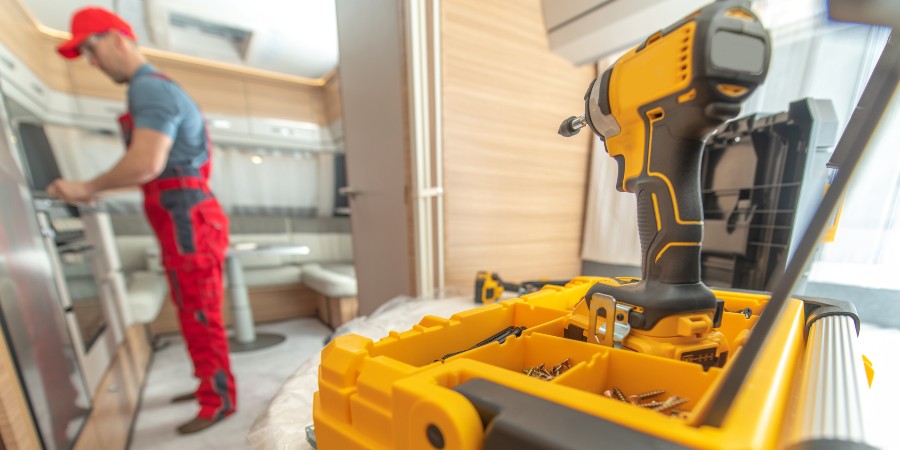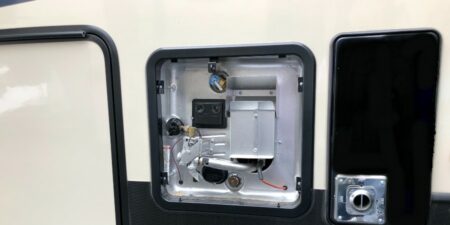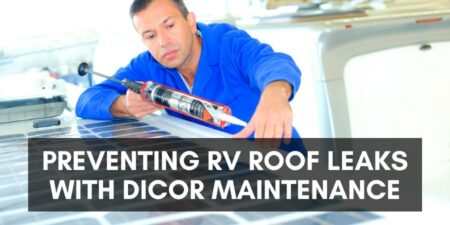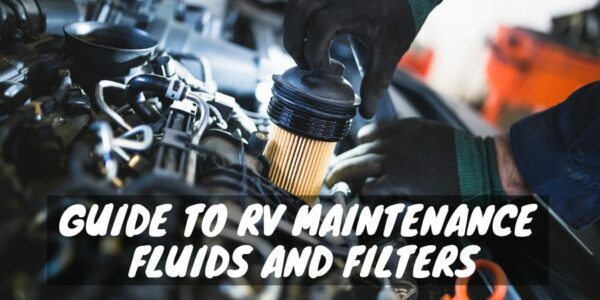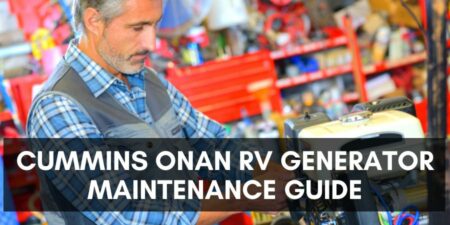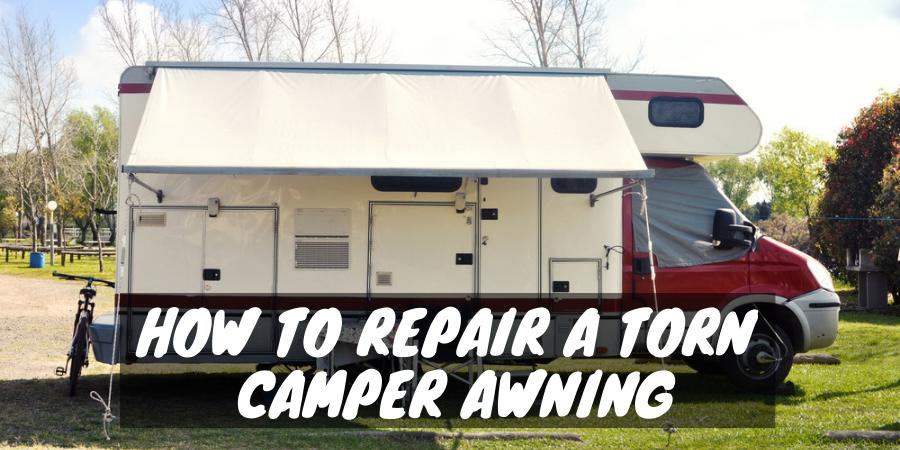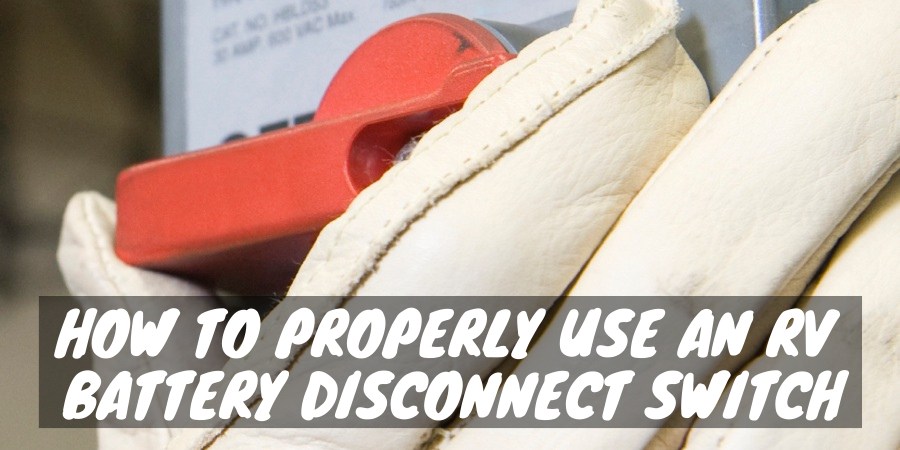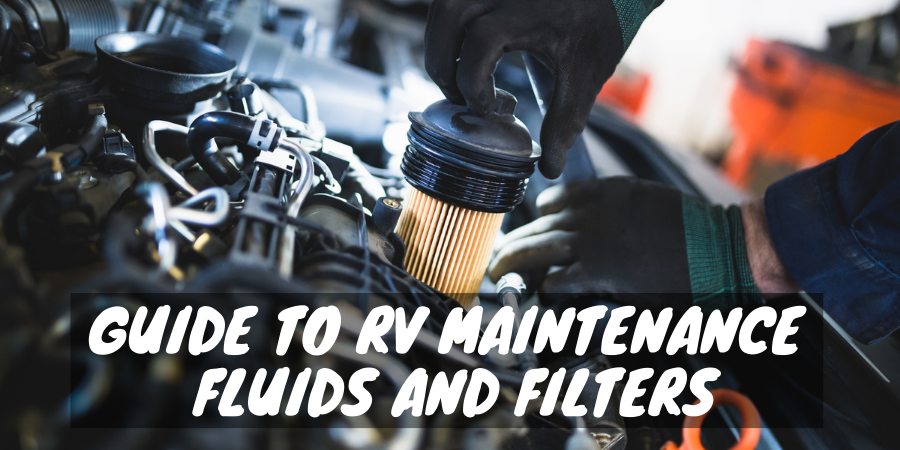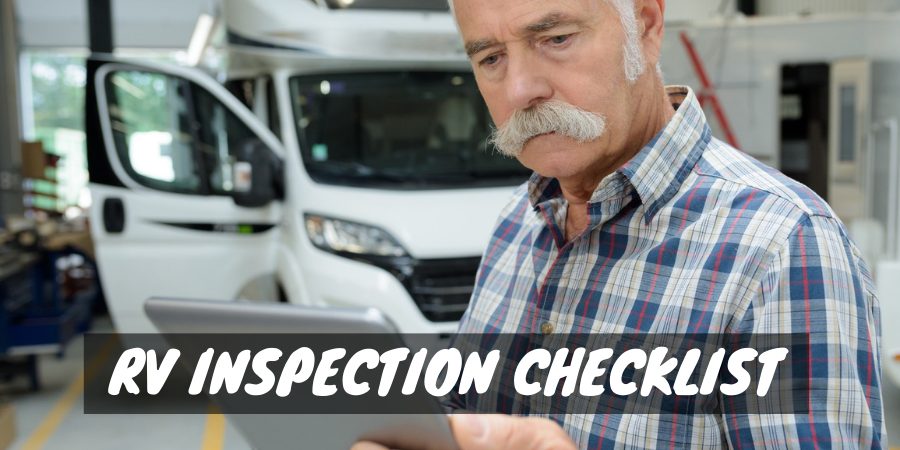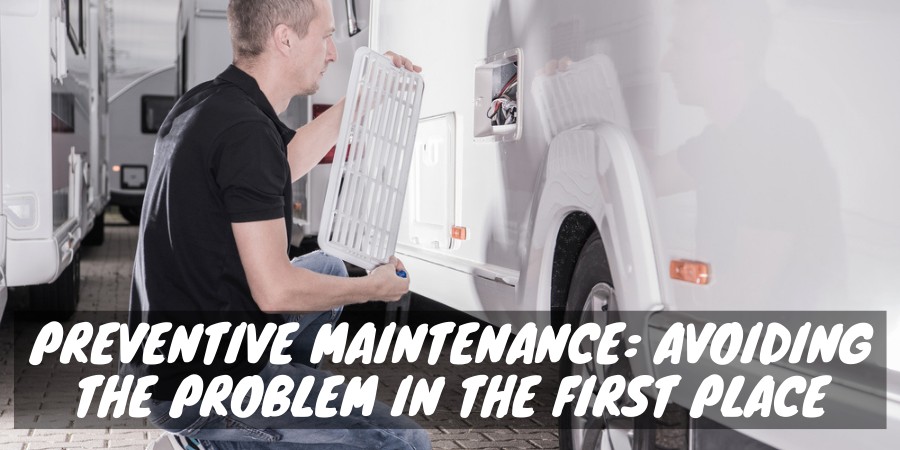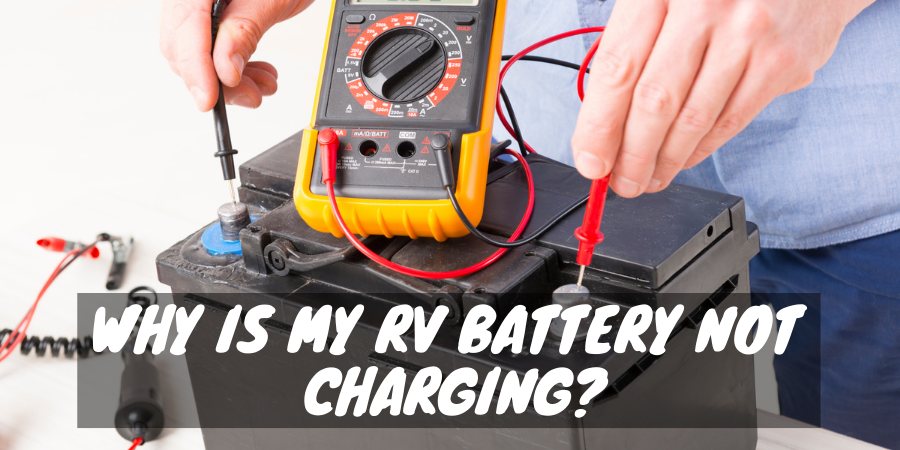RV maintenance is always begging for attention. And much of it is legitimate stuff that needs to be done to be safe and avoid repairs.
But some of it really isn’t critical – at least not yet. The tricky part comes in distinguishing between necessary maintenance and tasks that can be safely postponed.
This distinction, if not accurately made, can lead to a significant financial discrepancy. Misidentifying something as a non-critical task could end up costing you more in the long run if it turns into a larger problem.
Determining what is necessary maintenance and what is not can be an expensive difference. Here are my suggestions for practical RV maintenance.
Learn Your RV
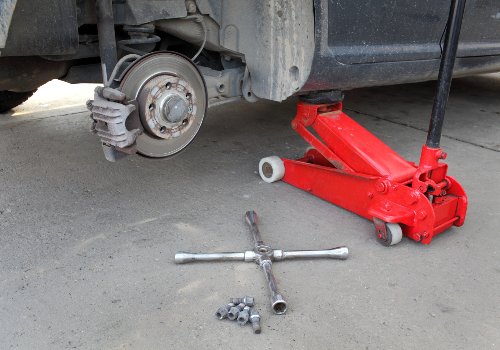
The best frugal advice is to learn your RV, not just the owner’s manual but the parts book and the service manuals, if available. Then listen to your RV.
You will soon be able to read its looks and sounds to know if something doesn’t seem “right” before it needs a repair. Also, remember that your RV has many systems that need attention: electrical, water, propane, and others.
Knowing your RV can help you extend its life by thousands of miles – and cut your costs by thousands of dollars. You can travel more and spend less.
A frugal RVer knows how much of that preventive maintenance he or she can comfortably do.
It may include checking tire pressure, servicing tires, basic lubrication, checking and filling fluids, checking and replacing lights and fuses, replacing and gapping spark plugs, checking and replacing belts and hoses, performing an oil change, testing and replacing chassis and house batteries, and more.
Each of these jobs you can perform can save you time and money you can spend on camping.
Your maintenance comfort level depends on how you feel about working on machines. If you’re okay with changing your car’s oil and filter and driving it afterward, you’ll probably be comfortable with many of the maintenance jobs that RVers do.
Even so, it’s frugal to have your favorite mechanic show you how to do it on your RV for the first time. Take pictures and make notes. It may be months or a year, or more, before you do it yourself.
Perform Basic RV Maintenance
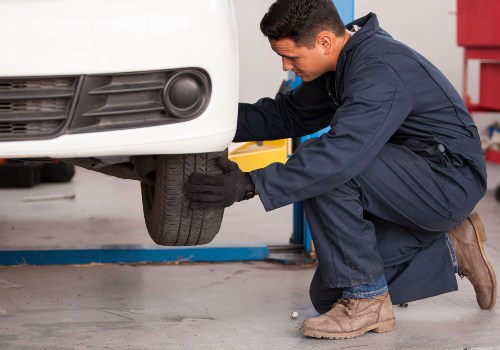
One of the primary advantages to doing your own RV maintenance – besides saving money to travel more – is that you will more intimately know your camping vehicle.
You’ll feel more confident driving or pulling it, especially on cross-country trips where you’re leaving the comfort of your home nest and mechanic behind.
Also, it will make your pre-trip inspection more meaningful as you understand how systems work and what the signs are that indicate they might not.
Do you need to perform regular maintenance even if your RV isn’t getting many miles on it? Absolutely! Engine oil, for example, breaks down and is less effective due to wear but also over time. Refer to the manufacturer’s recommendations for oil changes and other maintenance. Many recommend both mileage and time maximums between servicing.
They know that metal corrosion can cause more problems than wear. And quality preventive maintenance – your RV doesn’t care whether it’s you or a well-paid mechanic – can extend the useful life of a towing and towed vehicle. Track it all in your RV Log.
A frugal RVer can help maintain and even repair his or her recreational vehicle. Saving money is part of the reason. More important is learning about the vehicles, how their vital systems work, and how to avoid them not working.
Annual RV Maintenance – Everything You Need to Know (Video)
Related Questions
1. Why is it important to learn about your RV beyond just reading the owner’s manual?
Want to Connect With a Community of Over 1,078 RV Enthusiasts?
Getting to know your RV intimately – beyond what the owner’s manual offers – allows you to understand its looks and sounds, helping you identify if something isn’t quite right before it requires a repair. By understanding your RV’s systems, such as the electrical, water, and propane systems, you can prolong its lifespan and cut down costs significantly.
2. What are some basic maintenance tasks you can perform on your RV to save money?
There are several basic tasks you can comfortably perform, such as checking tire pressure, servicing tires, basic lubrication, checking and filling fluids, checking and replacing lights and fuses, replacing and gapping spark plugs, checking and replacing belts and hoses, performing an oil change, and testing and replacing chassis and house batteries. Doing these jobs yourself can save you time and money that you can spend on camping.
3. If you don’t have much experience working on machines, can you still handle RV maintenance?
Your comfort level with maintenance will depend on how you feel about working on machines. If you’re comfortable with tasks like changing your car’s oil and filter, you’ll likely be comfortable with many of the maintenance jobs RVers do. If you’re unsure, having your mechanic show you how to perform these tasks the first time can be very helpful.
4. What are the benefits of doing your own RV maintenance?
Besides saving money, doing your own RV maintenance allows you to become more familiar with your vehicle. This familiarity can boost your confidence when driving or pulling it, especially on cross-country trips. It also makes your pre-trip inspections more meaningful, as you understand how systems work and can recognize signs indicating potential issues.
5. Should you still perform regular maintenance if your RV isn’t being used a lot?
Yes, absolutely! Regular maintenance is necessary even if your RV isn’t getting many miles. Engine oil, for example, breaks down and becomes less effective not only from wear but also over time. Always refer to the manufacturer’s recommendations for oil changes and other maintenance.
"Man cannot discover new oceans unless he has the courage to lose sight of the shore."
-- Andre Gide

